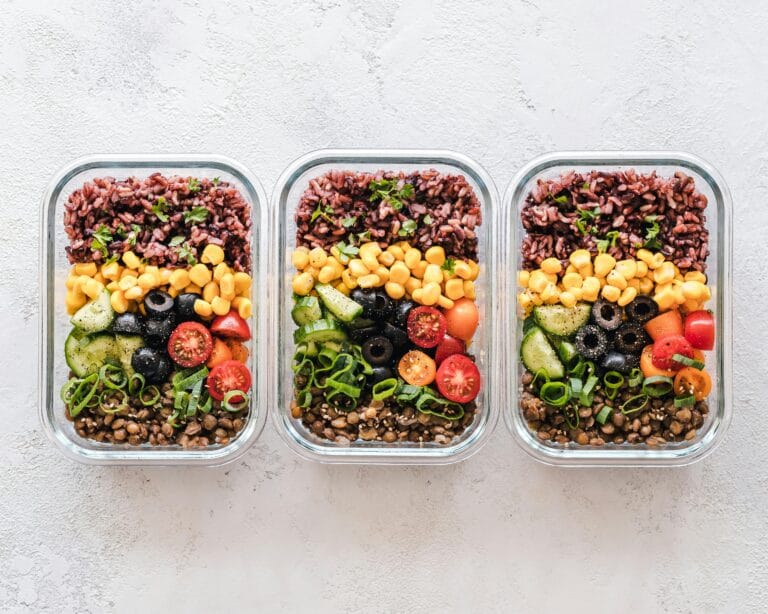FREE SHIPPING OVER $50
Doctors Say: This is the Best Time to Take Vitamin D Supplements for Maximum Benefits
Vitamin D is often called the “sunshine vitamin,” and for good reason. It’s essential for strong bones, a healthy immune system, and even mood regulation. But here’s the catch: many of us don’t get enough of it, especially during the winter months or if we spend most of our time indoors. That’s where supplements come in.
But did you know that taking your vitamin D supplement can make a big difference in how well your body absorbs it? According to doctors and research, timing matters. In this article, we’ll dive into the best time to take vitamin D supplements, why it matters, and how to get the most out of this vital nutrient.
Why Vitamin D is So Important

Before we talk about timing, let’s quickly cover why vitamin D is such a big deal.
Key Benefits of Vitamin D
- Bone Health: Vitamin D helps your body absorb calcium, which is crucial for strong bones and teeth.
- Immune Support: It plays a role in boosting your immune system, helping you fight off infections.
- Mood Regulation: Low levels of vitamin D have been linked to mood disorders like depression and seasonal affective disorder (SAD).
- Muscle Function: It supports muscle strength and reduces the risk of falls, especially in older adults.
Despite its importance, studies show that nearly 42% of Americans are deficient in vitamin D. If you’re not getting enough sunlight or eating vitamin D-rich foods like fatty fish or fortified dairy products, supplements can help fill the gap.
The Best Time to Take Vitamin D Supplements
So, when should you take your vitamin D supplement for maximum benefits? Let’s break it down.
Why Timing Matters
Vitamin D is a fat-soluble vitamin, which means it dissolves in fat and is best absorbed when taken with a meal containing healthy fats. Taking it at the right time ensures your body can absorb and utilize it effectively.
The Optimal Time: Morning with Breakfast
According to doctors and nutritionists, the best time to take vitamin D is in the morning with breakfast. Here’s why:
- Better Absorption: Eating a meal with healthy fats (like avocado, eggs, or nuts) helps your body absorb vitamin D more efficiently.
- Consistency: Taking it in the morning makes it easier to remember and incorporate into your daily routine.
- Avoid Sleep Disruption: Some people report that taking vitamin D later in the day can interfere with sleep, though more research is needed on this.
What About Nighttime?
While there’s no hard evidence that taking vitamin D at night is harmful, some studies suggest it might affect melatonin production, potentially disrupting sleep. If you find it easier to take supplements at night, pair them with a meal containing fats to aid absorption.
How Much Vitamin D Should You Take?
Timing isn’t the only factor to consider—dosage matters too.
Recommended Daily Allowance
- Adults (19-70 years): 600 IU (15 mcg) per day
- Adults (70+ years): 800 IU (20 mcg) per day
However, some people may need higher doses, especially if they’re deficient. Always consult your doctor before starting any supplement regimen.
Can You Take Too Much Vitamin D?
Yes, it’s possible to overdo it. Excessive vitamin D can lead to toxicity, causing symptoms like nausea, vomiting, and kidney problems. Stick to the recommended dosage unless advised otherwise by a healthcare professional.
Factors That Affect Vitamin D Absorption
Even if you take your supplement at the right time, certain factors can influence how well your body absorbs it.
Key Factors
- Diet: Pairing vitamin D with healthy fats improves absorption.
- Gut Health: Conditions like Crohn’s disease or celiac disease can affect nutrient absorption.
- Medications: Some medications, like steroids or weight-loss drugs, can interfere with vitamin D absorption.
- Skin Tone: People with darker skin may need more sun exposure to produce adequate vitamin D.
Tips for Maximizing Vitamin D Benefits
Want to get the most out of your vitamin D supplement? Follow these tips:
- Take It with Food: Always take your supplement with a meal containing healthy fats.
- Be Consistent: Take it at the same time every day to build a habit.
- Get Some Sun: While supplements help, natural sunlight is still the best source of vitamin D. Aim for 10-30 minutes of sun exposure a few times a week.
- Monitor Your Levels: Ask your doctor to check your vitamin D levels through a blood test, especially if you’re at risk of deficiency.
FAQs
It’s not recommended. Vitamin D is fat-soluble, so taking it with food improves absorption.
Don’t worry—just take it as soon as you remember. Avoid doubling up on doses.
Yes, vitamin D pairs well with calcium and magnesium. However, consult your doctor before combining supplements.
It can take a few weeks to a few months to notice improvements in energy, mood, or bone health. Consistency is key.
Conclusion
Vitamin D is a powerhouse nutrient that supports everything from bone health to immune function. But to reap the full benefits, timing matters. According to doctors, the best time to take vitamin D supplements is in the morning with breakfast, paired with healthy fats for optimal absorption.
Related Articles
- Whey vs Collagen? The Best Protein for Muscles and Glowing Skin
- Magnesium Magic: Top Picks for Women Over 40 and Their Health Benefits
- 5 Supplements That Won’t Help You Live Longer (Sorry, But You’re Wasting Your Money)
- The Anti-Aging Supplement You Should Add to Your Coffee—Skin Benefits You’ll Love
- 10 Vitamin Brands That Deliver Results (And Aren’t Just Hype)
- The Top Dietary Supplements Everyone’s Buzzing About (And Why You Should Care)







